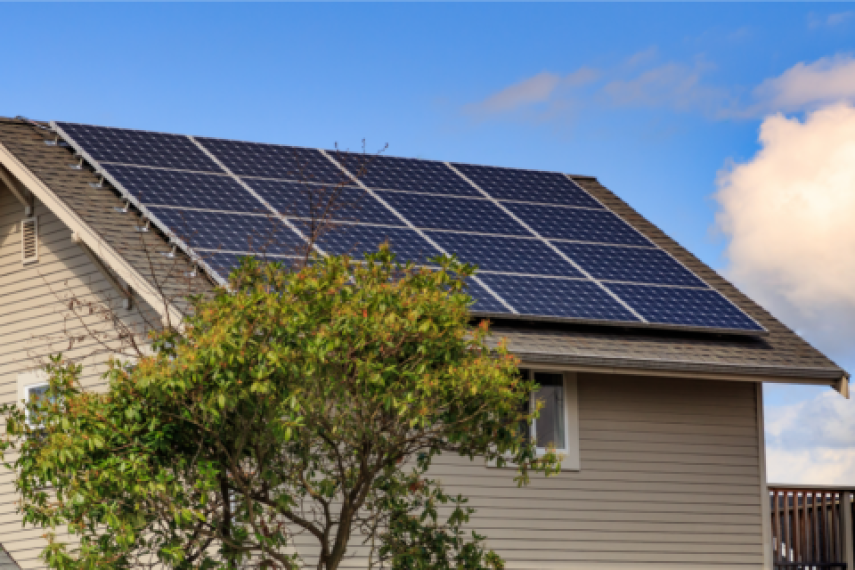
Solar energy is one of the cleanest and most sustainable forms of renewable energy. However, the initial cost of solar panels and related equipment for a home solar system can be significant. While systems installed in optimal locations eventually pay for themselves, many homeowners need financing options to make solar energy accessible.
Here’s a guide to financing solar projects and taking advantage of available incentives.
Methods for Financing Solar Panels and Equipment
1. Leasing Solar Equipment
Just as you can lease a car, many companies now offer solar panel leasing options:
- Fixed Monthly Cost: A set monthly fee regardless of energy production.
- Power Purchase Agreement (PPA): Pay a fixed cost per unit of electricity generated.
Both options typically require no money down, making them ideal for homeowners with tight budgets.
Drawbacks: You won’t own the equipment, and leases often last 20 years, which could complicate home sales.
2. Home Equity Loans or Cash-Out Refinancing
- Home Equity Loans: Borrow against your home’s equity if your mortgage balance and loan do not exceed 80% of your home value.
- Cash-Out Refinance: Replace your current mortgage with a new one, sufficient to pay off the old mortgage and provide additional cash for the solar system.
While these loans offer low-interest rates and potential tax deductions on mortgage or home equity interest, they use your home as collateral, risking foreclosure if you default.
3. Solar Power Loans
Solar panel providers often partner with banks or lenders to offer loans specifically for purchasing solar equipment.
- Benefits: Equipment acts as collateral, reducing interest rates. Keeps loans separate from your home equity, protecting your property.
- Considerations: Interest rates are generally competitive but may vary depending on the lender.
4. Property Assessed Clean Energy (PACE)
In select areas, you can borrow money from state or local governments to fund solar installations.
- Repayment: Added to your property tax bill over 10–20 years.
- Transferable Debt: If you sell your home, the increased property taxes transfer to the new owner.
Government Subsidies for Home Solar Projects
1. Solar Investment Tax Credit (ITC)
Under the Inflation Reduction Act (IRA) of 2022, the federal government offers a 30% tax credit for the cost of solar installations through 2032.
- Eligibility: Available to homeowners who purchase solar systems outright or finance them with a loan. Not available for leased systems (the leasing company claims the credit).
- Carryover: Unused credits can be carried forward to future tax years.
- Future Changes: The credit will decrease to 26% in 2033 and 22% in 2034, expiring for residential systems in 2035 unless renewed.
2. State and Municipal Subsidies
Many states and municipalities offer additional incentives, such as rebates or tax credits, to encourage solar adoption.
Action Steps: Research your local programs to determine eligibility and potential savings.
Deciding if Solar is Right for You
If you live in an area with high solar potential, installing solar panels can lead to significant savings on energy bills while contributing to environmental sustainability. Consider these factors when deciding:
- Upfront Costs vs. Financing Options: Evaluate your budget and financing choices to find the best fit.
- Incentives and Subsidies: Take full advantage of federal, state, and local programs to offset installation costs.
- Long-Term Savings: Solar energy systems often begin saving money from day one and pay for themselves over time.
- Environmental Impact: By going solar, you’re reducing your carbon footprint and supporting the transition to renewable energy.
Solar power remains a promising investment for homeowners. With flexible financing options and substantial incentives, there’s never been a better time to explore how solar energy can benefit your home and the planet.